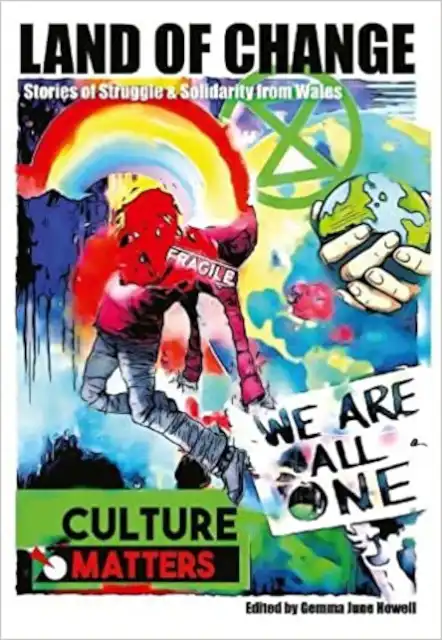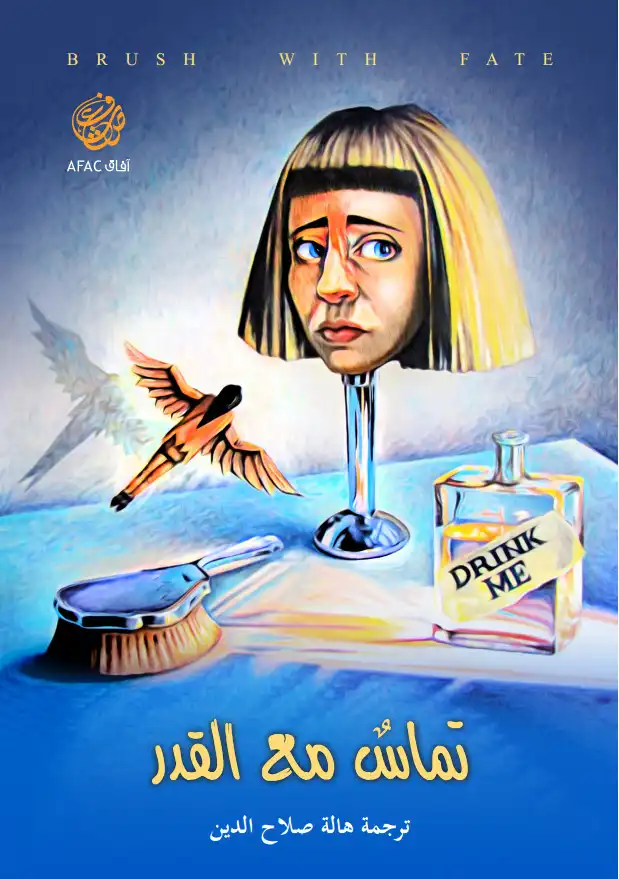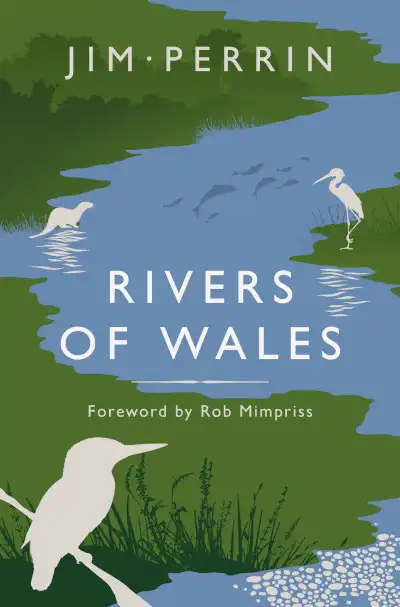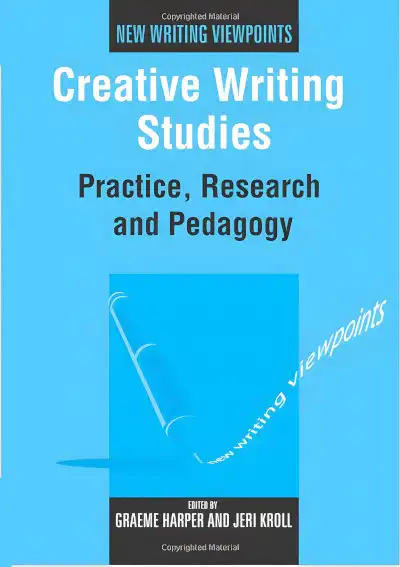
‘A enir cenedl ar unwaith?’
News from Rob Mimpriss
1st May 2014: #MyWritingProcess
The Writing Process Meme invites writers to answer four questions about their work, and nominate two or three other writers who will do the same, using the linking tag #MyWritingProcess. I am grateful to have been asked to take part by Elaine Walker, novelist, writing tutor and critic. She is author of The Horses (Cinnamon, 2010), 'an uplifting and open-hearted novel,' alongside other fiction and non-fiction titles, including several which focus on the horse in cultural history.
What are you working on at the moment?
I've been working on a sequence of short stories spanning three collections, and at the moment I'm putting the final touches to the third. The stories are set mostly in rural or small-town Wales at the turn of the century, and against the background of linguistic decline and religious change.
The characters are meant to come across as ordinary in social and economic terms. The drama comes from their idealism and the conflicts this causes with the outside world. One of the short stories in my third collection, Prayer at the End, is about a Muslim shopkeeper, and comes to a crisis when he has to sell alcohol during Ramadan, and this story was a runner up in the Rhys Davies Award and has just been published by New Writing.
I also write about our failures to live up to our own ideals. Another short story in my third collection, published by Annexe Magazine, is about a man who still has the scar from where an extra arm was removed. He knows that this arm was a conjoined twin, and the sense that this twin could have lived a better life than he has destroys his relationship with his wife and child.
How does your work differ from other writers'? Why do you write what you do?
I'd say I'm writing about people on the edge of mainstream culture, people who don't fit in and don't get heard. I'm also deliberately looking at UK culture from a marginal viewpoint. My second collection, For His Warriors, contained a short story about Cornish Nationalism. Just recently, the Cornish were awarded official status as a minority nation in the EU, and I'm proud that my work treats such people with respect.
I think I'm trying to understand how our ideals affect us. Scruples and principles make us simultaneously narrower and deeper, and I think the way we judge that pay-off will affect the way we live.
How does your writing process work?
Word for word, the short story is probably a slower process than the novel. Once I get the tingle of a story idea starting to grow, I spend a lot of time working out how to condense a meaningful narrative into two or three scenes, a few hours of fictional time.
Two thousand words or so isn't a lot of space in which to make the setting of a few rooms or acres of land distinctive, or to make the characters seem realistic and individual while hinting at their depths. When a short story goes wrong it can feel too sketchy, or too dry, or too cramped and hyper-realistic. The main enemy is simply shallowness.
In part I think I'm fascinated by the problem of getting it right, of doing justice to it. And there's an utter joy in bringing it off, producing a story which is technically near perfect, and has its own colour and depth. One of the mediaeval mystics, Mother Julian of Norwich, held the world the size of a walnut in her hand, and I think a great many committed short-story writers would want to express the same vision.
Having been kindly nominated by Elaine Walker, I am proud to nominate:
A.L. Reynolds brought out her first novel, How Glass Becomes Sand (Pantycelyn, 2002), while still a student, and published her most recent novel, Of the Ninth Verse, in 2012 (Thorn and Eth).
Jane Fraser writes poetry, short fiction, memoir and nonfiction exploring the landscape of the Gower peninsula and its effect on the human mind. She is a winner of the Genjuan International Grand Prix Award for haibun and the British Haiku Society Competition, and has been placed or commended in a number of other competitions for short stories and poetry. She is currently working on her first short story collection.
All newsFeatured Posts
Books by Rob Mimpriss
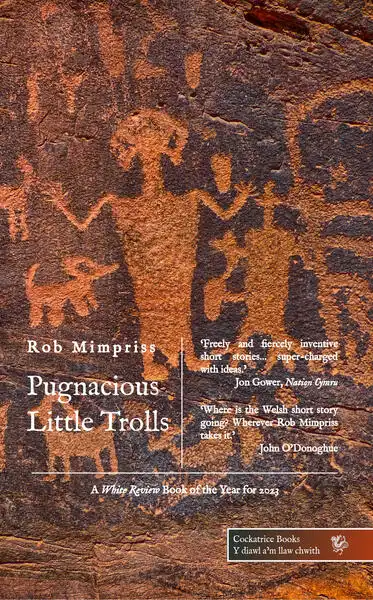
Pugnacious Little Trolls
‘freely and fiercely inventive short stories… supercharged with ideas.’
Jon Gower, Nation Cymru
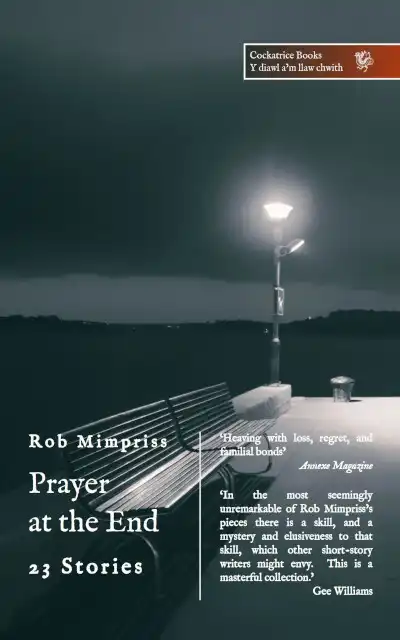
Prayer at the End: Twenty-Three Stories
‘heaving with loss, regret and familial bonds.’
Annexe Magazine
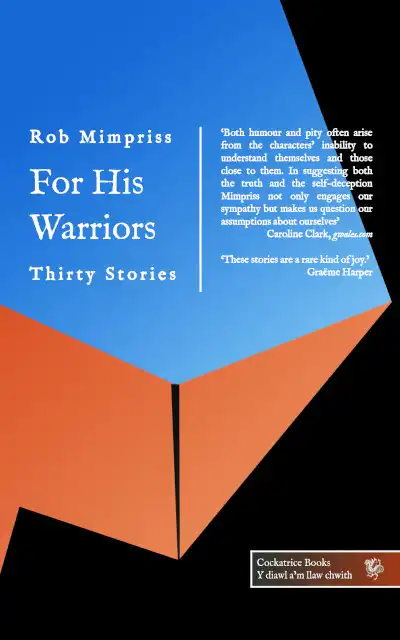
For His Warriors: Thirty Stories
‘sketched with a depth and sureness of touch which makes them memorable and haunting.’
Caroline Clark, gwales.com

Reasoning: Twenty Stories
‘dark, complex, pensively eloquent’
Sophie Baggott, New Welsh Review

The Sleeping Bard: Three Nightmare Visions of the World, of Death, and of Hell
Translated by T. Gwynn Jones, with an introduction by Rob Mimpriss.
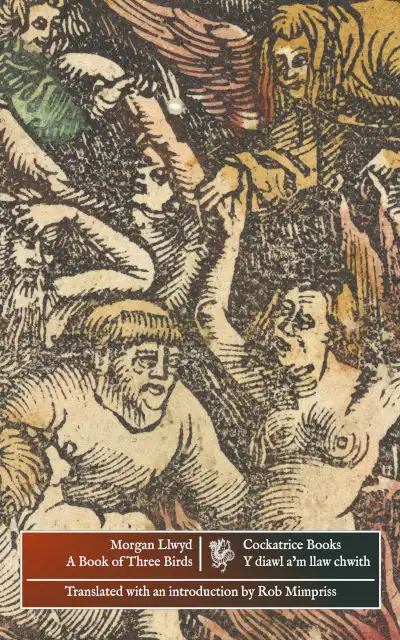
A Book of Three Birds
‘Lucid, skilful, and above all, of enormous timely significance.’
Jim Perrin
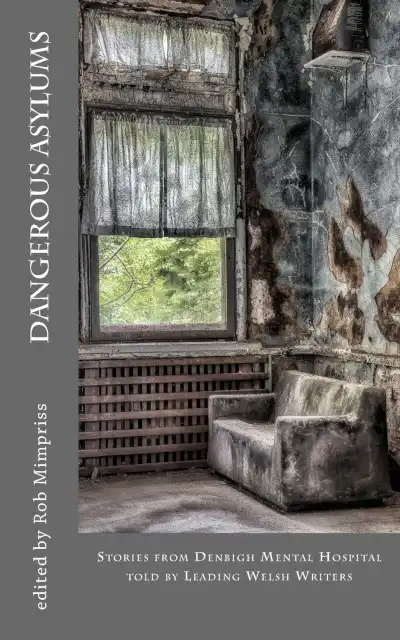
Dangerous Asylums
‘In this exemplary collaboration between medical science and imagination, lives preserved in official records, in the language and diagnoses of their times, are restored not just to light, but to humanity and equality. This anthology is a resurrection.’
Philip Gross
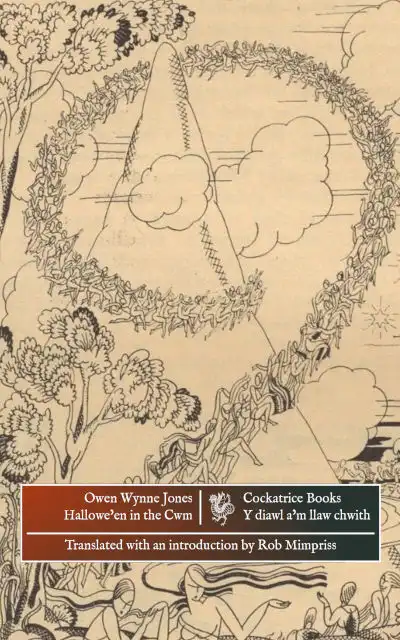
Hallowe’en in the Cwm: The Stories of Owen Wynne Jones
‘An invaluable translation.’
Angharad Price
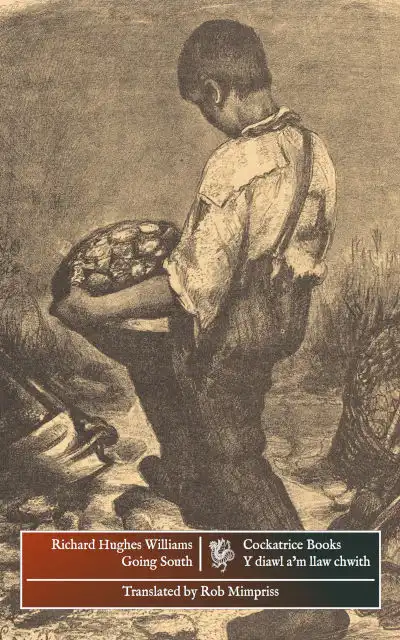
Going South: The Stories of Richard Hughes Williams
Translated by Rob Mimpriss, with an introduction by E. Morgan Humphreys
